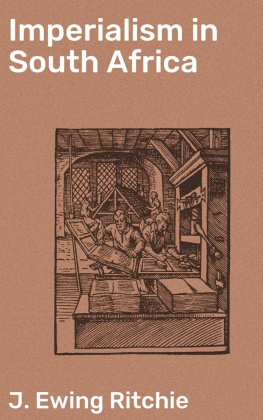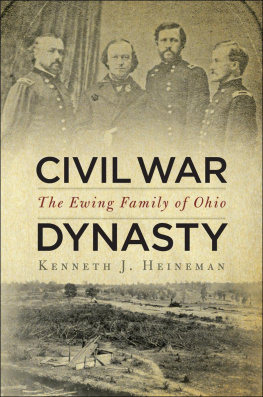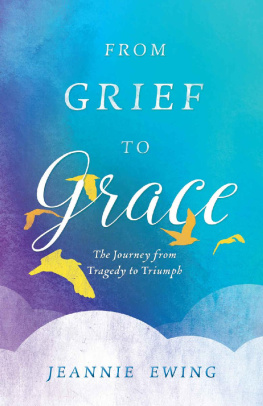I.
ONE OF OUR YOUNG BOROUGHS.
Chelmsford , one of the youngest of the Essex Boroughs, and almost a suburb of Greater London by means of the Great Eastern Railway, was, when I first knew it, a dignified county town, the leading people of which considered a second post from London as a daily nuisance, and had no taste for what is practically too near the rush and roar of modern life. The old stage-coaches stopped and changed horses at quaint old hotels, which have long disappeared. Now, as you drop down from the railway station, past the Quakers chapel on one side, and the big brewery on the other, all is modern, and except the church which stands on your left, there is little left to recall the past. In the square, opposite the Shire Hall, there is a modern statue which recalls to memory Chief Justice Tindal, who, born in 1776, at a house called Coval Hall, was educated at the Chelmsford Grammar School, and died at Folkestone, in 1846. The statue is erected on the site of an ancient conduit, which stood long upon the spot, with a Latin inscription which few Essex people cared to read. Not far off is the Corn Exchange, which, what time corn was a commodity worth dealing in, was on Fridays as busy as Mark Lane itself.
But on the whole the town is modern, and all of the modern time. It is respectable, thoroughly so, quite as much as any London square or street. Its great industry is a modern onethe manufacture of Electric apparatus, by the firm of Crompton and Co., Ltd., a firm which has for some time occupied a leading place in connection with the installation of Electric light, and has been the means of lighting not only Chelmsford, but many of the principal buildings in London. If you want to see antiquity in Chelmsford, you must pay a visit to the Museum, now incorporated with the Essex Field Club, which is a very good one of its kind. One of the best antiquarian magazines of the day is the Essex Review, published in High street, which is really a credit to the town. But Chelmsford is of the present rather than the past. Its men and women move with the times, perhaps in consequence of their nearness to the great metropolis. It has literary and scientific tastes, of which the sette of Odde Volumes is an illustration; and it is further known to fame as the head-quarters of the Essex Bee-keeping Association, established in 1880, which has done much to develop the taste for, and the growth of, honeyan article not unknown to the ancients, and an industry by means of which many a careful cottager may pay his rent. Of that association Mr. Edmund Durrant is the life and soul, and in all parts of the land he has lifted up his voice, on behalf of this new and desirable source of wealth in our country towns and village homes. As to its Beef Steak Club, which was founded in Chelmsford in the time of the Georgesit was second to none.
The position of the town at the junction of the rivers Chelmer and Cann probably writes Mr. Christy, led to its being inhabited in very early days. As Roman remains have been discovered there, there is reason to suppose that it was known to those enterprising people.
In the good old times, as some people call them, there was a Priory here (of which no trace now remains), where in the reign of Edward II. resided Thomas Langford, an author, of whose works I know little, save that a local historian describes them as curious. A greater man, I apprehend, was Philemon Holland, a physician and translator of Livy, Pliny, and other classic authors. He has better claims on us as having first translated Camdens Britannia into English. He was born in Chelmsford, in 1551, and educated at the Grammar School, a school which still exists, but in a recent building, the older one having passed into the hands of the County Council Technical Instruction Committee. One of the old houses still remaining, Springfield Mill, is that in which Strutt wrote his Sports and Pastimes.
Chelmsford fell into Church hands at an early date: It owes indeed much of its prosperity to Maurice, Bishop of London, who, about the year 1100, built a bridge over the Cann, which brought the main stream of traffic through Chelmsford instead of Writtle.
The Church has been once at any rate in danger, that is in 1800, when a great part of the building fell down. Hence arose a well-known local rhyme.
Chelmsford Church, and Writtle steeple,
Both fell down, but killed no people.
Chelmsford seems early to have struggled after a Reformed Church. Strype tells us of one, William Maldon, who learned to read in order that he might study the Bible for himself, and there discovered how idolatrous it was to kneel to the crucifix, much to the anger of his father, who beat him till he was almost dead. A little later we hear of George Eagles, who, for preaching, was hanged, drawn and quartered at Chelmsford, in Queen Marys reign, and whose head was set up in the market-place on a long pole. Archbishop Laud found many victims in Essex. One was Thomas Hooker, Fellow of Emanuel College, Cambridge, and lecturer at Chelmsford, where by his preaching he wrought a great reformation, not only in the town but in all the country round. Happily for himself, Hooker escaped to America, where he died. When the Quakers appeared, they were sorely handled by those who ought to have known better; for instance, in July 1655, there was a day of general fasting, prayer, and public collection of money for the poor persecuted Protestants of Piedmont. John Parnell, the Quaker, embraced that opportunity for disturbing the people, and for this he was tried at Chelmsford, and sent to Colchester Castle where he died. One of the ejected ministers at Chelmsford, Mark Mott, is described as an able preacher. The congregational cause in Chelmsford, dates from the time of John Reeve, who took out a license for a Presbyterian Meeting-house, in 1692. Edward Rogers, an ejected minister, succeeded him. Before the year 1716, a meeting-house had been erected, and at that time a separation took place, which led to the erection of another meeting-house. In 1716, the pastor at the old meeting was Nathaniel Hickford. The congregation then consisted of seven hundred hearers, of whom twenty are described as having votes for the county, and eighteen as gentlemen. The first pastor at the new meeting was Richard, the father of the well-known Nathaniel Lardner. In 1763, the two churches united, but not long after they separated again. The new meeting, which is still in the London road, was for some time under the pastoral care of the Rev. George Wilkinson, but lately resigned, and his place is filled by the Rev. MacDougal Mundle, whose popularity argues well for the cause with which he is connected, and the church over which he presides.






